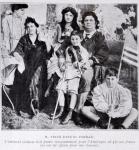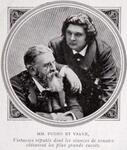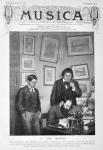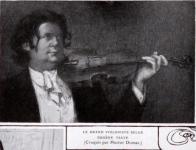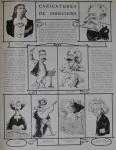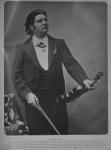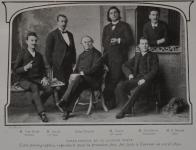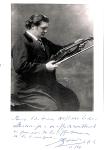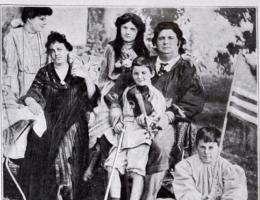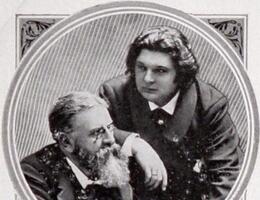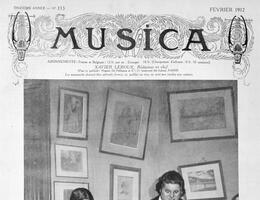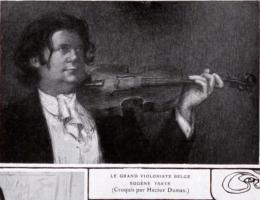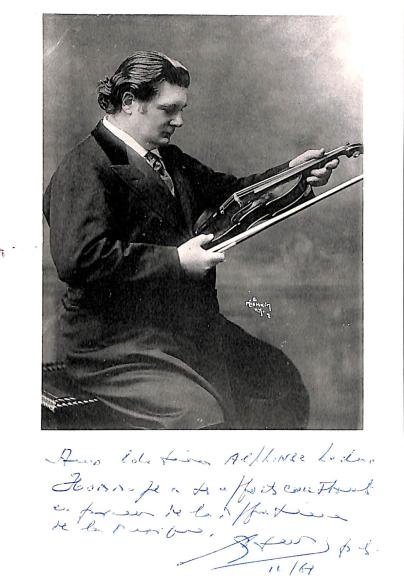
Eugène YSAŸE
1858 - 1931
Conductor, Composer, Violinist
A violinist, conductor and composer born in Liège, Eugène Ysaÿe’s first music teacher was his father. In 1874, a bursary enabled him to study with Wieniawski in Brussels and Vieuxtemps in Paris. A soloist with the Bilse orchestra in Berlin (1879-1882), he received patronage from Anton Rubinstein, with whom he toured, returning afterwards to the French capital. Acknowledged as one of the greatest violinists of his time, he eschewed the easy success solely conferred by virtuosity. Founder of a famous quartet, the preferred duo partner of pianist Raoul Pugno, he was on intimate terms with various composers who dedicated many scores to him: Franck (Sonata), Lekeu, Magnard, Vierne, Ropartz, Chausson (Concert and Poème), d’Indy (first String Quartet), Debussy (String Quartet) and Fauré (firstPiano Quintet). Ysaÿe’s activities as a teacher – he taught at the Brussels conservatory – and as a performer, overshadowed his work as a composer, especially as he rarely performed his own music. His friendships with French composers encouraged him to develop a freer style and a more passionate mode of expression. He favoured the string instruments, particularly the violin: Poème élégiaque (around 1895, a source of inspiration for Chausson), Chant d’hiver (1902) and Les Neiges d’antan (1911) for violin and orchestra; Exil for string orchestra; Six Sonatas for solo violin(1924) and a solo cello sonata(1924), which combined virtuosity and original harmonies. He also composed an opera, Piére li houïeu (Pierre the Miner), premiered in Liège on 4 March 1931, two years before his death.
Scientific publications
Publication

